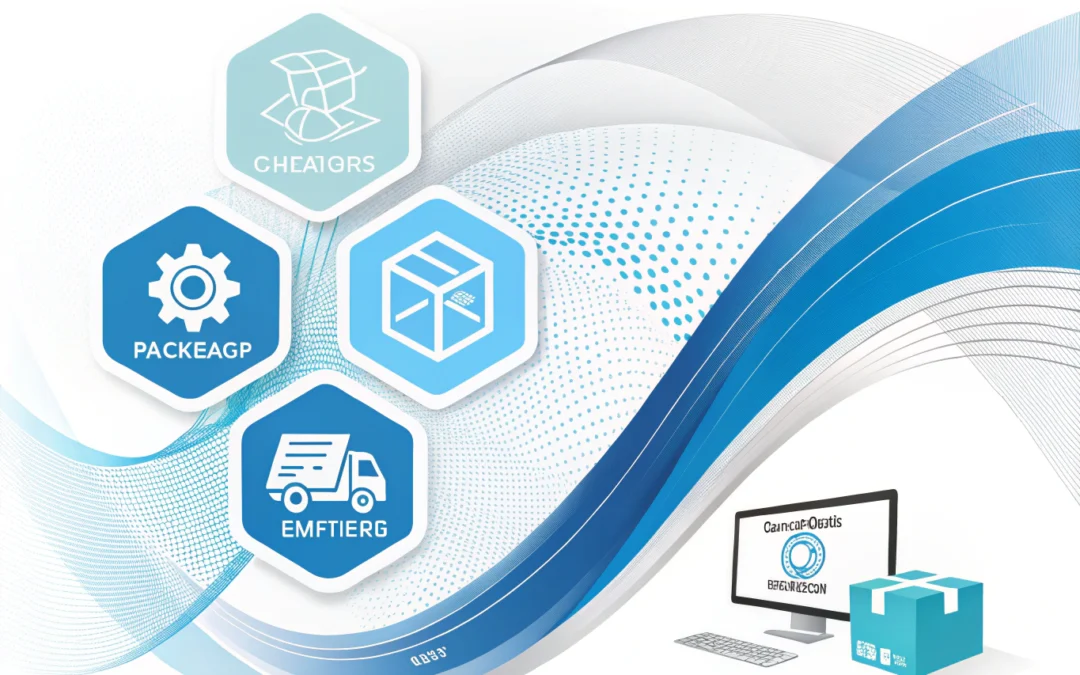The Complex Dance of AI and Ecommerce: A Peek into Alibaba Express
In the vast arena of ecommerce, where giants like Alibaba play, the role of AI is akin to a symphony conductor. It orchestrates, optimizes, and at times, surprises us with its potential. The Alibaba Express article delves into how artificial intelligence is shaping the landscape of global trade by enhancing efficiency, personalizing experiences, and redefining logistics.
AI: The Unsung Hero Behind the Scenes
AI often gets cast as some sort of digital wizard, waving a wand to solve problems. But in reality, it’s more like an intern that never tires, works at lightning speed, and learns from every interaction. In the context of Alibaba Express, AI is not just a tool; it’s a partner that helps streamline processes, forecast demands, and even assist in customer service.
Think about AI as a linguistic savant—capable of translating languages, understanding cultural nuances, and making product recommendations that feel less like algorithms and more like friendly nudges from a seasoned shopkeeper. The key, however, lies in recognizing that AI is not infallible. It’s a work in progress, constantly learning and adapting, much like that diligent intern who occasionally spills coffee but mostly gets it right.
Transforming Logistics and Supply Chains
Logistics is the backbone of ecommerce, and AI is revolutionizing how it’s managed. By analyzing vast datasets, AI can predict shipping times, optimize delivery routes, and even anticipate supply chain disruptions before they occur. This means fewer delayed packages and happier customers.
The transformative power of AI in logistics can be likened to a chess grandmaster predicting several moves ahead, ensuring that the pieces are always in the right place at the right time. It’s not magic; it’s math and machine learning working hand in hand.
Personalization: Making Ecommerce Human Again
In a world where consumers are bombarded with choices, personalization becomes a beacon of clarity. AI’s ability to analyze shopping patterns and preferences allows platforms like Alibaba Express to offer tailored shopping experiences. It’s like having a personal shopper who knows your tastes better than you do.
This human-centric approach is what makes the integration of AI so compelling. It turns the cold, transactional nature of online shopping into a warm, engaging experience. The technology doesn’t just automate; it personalizes and humanizes ecommerce interactions.
Actionable Recommendations
So, what can businesses do to harness the power of AI in ecommerce effectively?
- Invest in AI Training: Equip your team with the skills to manage and optimize AI tools. Understanding the technology is key to leveraging its benefits fully.
- Focus on Data Quality: AI thrives on good data. Ensure your data collection methods are robust and that the data is clean and relevant.
- Embrace Continuous Learning: AI is not a set-it-and-forget-it solution. Continually review and refine AI-driven processes to adapt to changing consumer behaviors and market trends.
- Keep It Human-Centered: Remember, technology should enhance human interaction, not replace it. Use AI to augment your team’s capabilities and create deeper connections with your customers.
In conclusion, AI is not an omnipotent overlord but a valuable ally in the ecommerce domain. By understanding its capabilities and limitations, businesses can unlock new potential, create more efficient processes, and ultimately, provide a better customer experience.
Checkout ProductScope AI’s Studio (and get 200 free studio credits)

